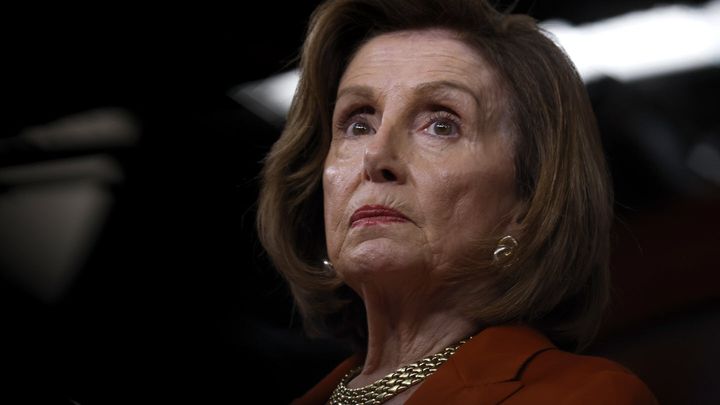A ballot measure recently approved by Alaska voters to institute ranked-choice voting and require disclosure of “dark money” in elections is being challenged by a lawsuit from a pro-secession political party and individuals affiliated with minor political parties in the state.
The secessionist Alaskan Independence Party, its chairman, Alaska Libertarian Party member Scott Kohlhaas, and lawyer Kenneth Jacobus, a Republican, filed a lawsuit Tuesday that claims the measure violates their rights to free political association, free speech, and other rights enumerated by the United States Constitution and the Alaska Constitution.
In particular, the plaintiffs argue the measure’s open, top-four primary system in which the top four vote-getters for state executive, legislative, and congressional offices, regardless of party, advance to the general election “creates a system in which political parties are rendered irrelevant and are prevented from selecting their candidates.”
“Based on past experience in Alaska it is likely that 4 winner primary will result in only Democrats and Republicans going forward to the general election,” they argue.
The author of the initiative, however, is confident that the measure will withstand constitutional scrutiny.
“Open primaries of this kind are absolutely constitutional,” said Scott Kendall, counsel to the Alaskans for Better Elections, which put forward Measure 2, and the drafter of the initiative, in an email. “This ballot measure was designed with an eye towards existing case law and existing law. It was designed to withstand constitutional scrutiny.”
“Frankly, we don’t see anything in this lawsuit that presents a serious threat,” said Kendall.
Measure 2 was endorsed by the Alaska Libertarian Party, and party chair Jon Watts confirmed their support in a Dec. 2 statement.
“Other parties stand to lose considerable power over elections, which is clearly evidenced by their panicked opposition to Ballot Measure 2,” Watts wrote at Anchorage Press. “That power is being moved to the individual, which is why it garners our continued support.”
Alaskans for Better Elections campaign manager Shea Siegert told Sludge that the Green Party of Alaska also endorsed Measure 2.
According to Anchorage Daily News, Christine Hutchison, a member of the Alaska Republican Party Central Committee, said she will bring the lawsuit up at their next meeting on Dec. 7. In comments over the summer, Alaska Republican Party Chairman Glenn Cary said he was concerned “political parties would become extinct” if the measure passed.
In addition to the open primary and ranked-choice voting system, Measure 2 would force donors to “dark money” political spending groups to identify themselves. Specifically, it require individuals and groups that donate more than $2,000 to an entity that made independent expenditures in candidate elections last cycle, is making independent expenditures in the current cycle, or that they know or have reason to know will make independent expenditures in the current cycle to report the true source of their contribution to the Alaska Public Offices Commission within 24 hours.
While the plaintiffs’ concerns are aimed at the top-four open primary system, they are requesting the entire measure to be thrown out, citing a Alaska Supreme Court ruling from over the summer that found that measure related to a single subject, “election reform.”
Read more:



